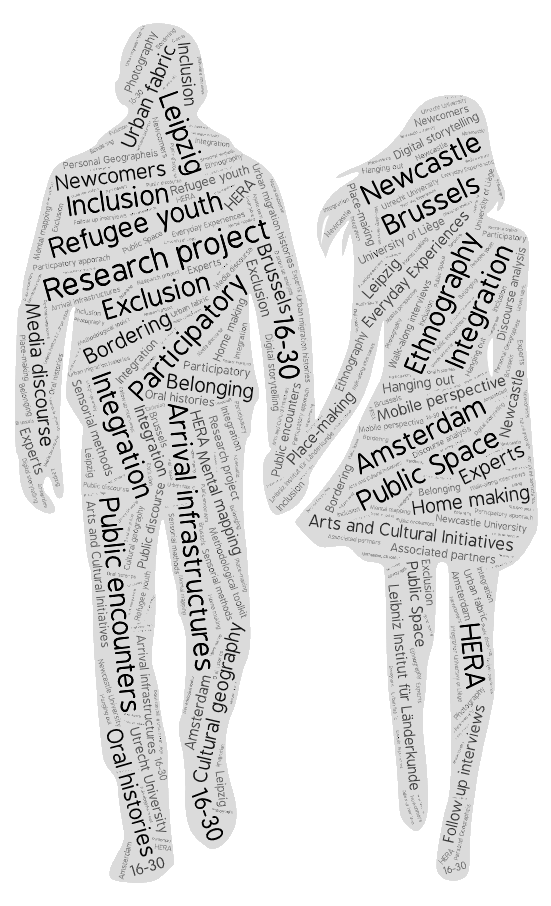News

Inspiring stakeholder meeting
5 March 2021, we had a meeting with all stakeholders and researchers. The researchers discussed their preliminary findings and the stakeholders shared inspiring examples of art-related projects for young refugees and asylum-seekers. We exchanged all kind of needs in terms of the project and ideas for our planned knowledge sharing activities. This brought about all…
Read more
Second report to HERA submitted!
At the end of February, we submitted our second report to HERA providing an update on our progress against the project objectives. Although in-person fieldwork has not been possible during the lockdowns imposed as a result of the pandemic, we have managed to collect a substantial amount of qualitative data with refugee youth and organisations…
Read more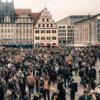
Lockdown Leipzig: young refugees and asylum seekers’ experiences
A short analysis that considers how young refugees and asylum seekers have experienced the first lockdown related to Covid-19, written by Elisabeth Kirndörfer, has been published in two magazines: “Querfeld”, the annual publication of the Saxon Refugee Council and “Leipziger Zustände”, a magazine that forms part of a project for the comprehensive documentation of right-wing,…
Read more
New blog on storymapping-workshops in Leipzig
Check out this new blog written by Elisabeth Kirndörfer. She discusses her experiences with three storymapping-workshops that took place in September 2020 in Leipzig (Germany). The aim of these workshops was to re-map the city from a perspective that is mostly underrepresented within urban narratives: the perspective of young refugees and asylum seekers. Inspired by…
Read more
Creative map making session in Newcastle
The research team in Newcastle, UK, ran a creative map making session as part of the create classes offered by North East Solidarity and Teaching (N.E.S.T). The map making was used to explore people’s personal geographies in the city, their use of public space, their everyday journeys and sense of belonging. Around 10 young asylum…
Read more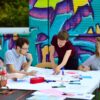
Creative story-mapping workshops in Leipzig
In order to provide some insight in the project, we would like to present some pictures of the fieldwork. First, the Leipzig case study. The German team organized three storymapping-workshops in which they asked newcomers to note down, share and map stories they attach to particular places in the city. Throughout these workshops, two of…
Read more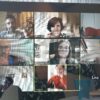
Inspiring meeting with the research team
What an inspiring online meeting with our research team! We weren’t able to meet face-to-face, but our online session on the 7th of October enabled us to discuss our preliminary findings, exchange our use of creative research methods and make plans for the remainder of the project. Our discussions on refugees and asylum seekers’ arrival…
Read more
Misinformation is leading to ‘fake news’ anxieties in Dutch refugee communities
The Conversation has published an article by Ilse van Liempt and Mieke Kox. They argue that the coronavirus pandemic has led to a crisis among asylum seekers and refugees in the Netherlands. The start of the pandemic saw an information vacuum within this community in the Netherlands, leading to a general atmosphere of confusion and…
Read more
How the current pandemic changes refugee youth’s everyday lives
The current pandemic has changed the everyday lives and routines of young refugees and asylum seekers in Leipzig, something that has also changed the fieldwork in this HERA project. Elisabeth Kirndörfer describes the impact of the pandemic on these youngsters’ everyday lives and discusses how she adapts her fieldwork. Read more (in German).
Read more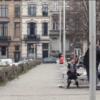
The invisible corona crisis – problems and grassroots solutions in Belgium
COVID-19 has rendered certain groups of people invisible while simultaneously forcing others to emerge from the shadows. From unaccompanied youth refugees who lack access to the internet and social networks, to intra-European labour migrants who have lost their jobs in the grey/black market who are in dire need of food and other basic services, COVID-19…
Read more

